Norway changes hydropower tax to improve fixed prices for electricity customers
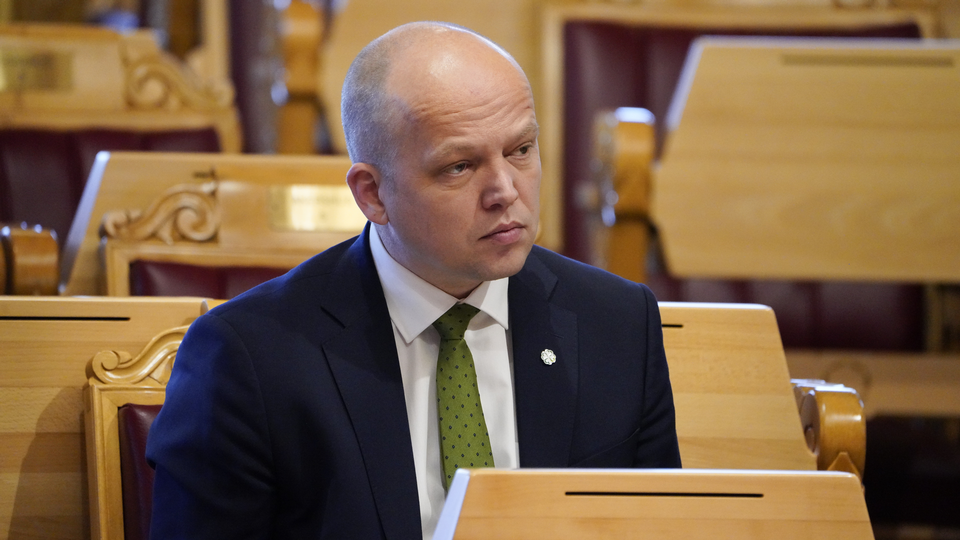
In Norway, only very few private power customers pay fixed prices for electricity. According to industry organization Energy Norway, only four percent of Norwegian customers have signed fixed price deals. In comparison, 57 percent of Danes, 52 percent of Finns and 25 percent of the Swedes pay fixed prices for their electricity.
Now the Norwegian government says initiatives are underway to pave the way for better fixed-price deals for private customers and companies alike.
”We have enacted measures that will help people handle their high electricity bills in the coming months, but we cannot rely on subsidies over time. Instead, we will work on long-term initiatives that provide security for Norwegian electricity customers. An important part of these efforts will be to facilitate fixed-price deals that are better and cheaper than today,” says Norwegian Minister of Finance Trygve Slagsvold Vedum in a press release.
The electricity-intensive industry in Norway has for many years benefited from fixed-price agreements, but such have been uncommon in the private market and less common among regular companies.
Part of the explanation is the taxation of Norwegian hydropower which sees a basic interest tax on top of the usual corporate tax. For hydropower plants with a capacity exceeding 10MW, a basic interest tax must be paid. Accordingly, the total marginal tax rate amounts to 59 percent.
The notable issue with the basic interest tax is that it is calculated on the basis of spot prices in the Nord Pool trading market. A hydropower plant must thus pay basic interest tax on the spot price rather that the agreed price in a firm price contract. Power-intensive industries avoid this with fixed price agreements, but there is a risk if they enter such arrangements with regular companies or private market players. They have to pay extra for this risk, thereby making the deals more expensive.
The government now promises that one of the initiatives taken to improve such deals is to change the basic interest rate for deals sold on at fixed prices through standard agreements.
As a prerequisite, fixed price agreements will apply for three, five or seven years, and there will be an upper limit for premiums added by the power producer to the end customer.
Norwegian consumers have received support in the winter months of December, January, February and March. The electricity tax has also been lowered in January, February and March. The lowered tax will not be extended, but the government has agreed with support party Socialist Left to prolong the electricity aid until March 2023. They have also raised the subsidy, so that by fall, it will make up 90 percent of the price when exceed NOK 0.70 / kWh.
The Norwegian Minister of Petroleum and Energy Terje Aasland points out that the subsidy is a temporary solution and that better fixed price agreements comprise an important solution to the challenges in the electricity market.
”What we’re doing now is important for people’s predictability. The subsidy schemes should be temporary or rather replaced by an actual possibility to ensure economic predictability through fixed price agreements. It’s not least vital to the corporate sector, which isn’t covered by the electricity support schemes,” says the energy and oil minister.
The government notes that the proposal will be submitted as quickly as possible for review in Norwegian parliament this fall. The goal is for the new rules to be introduced at the latest by Jan. 1, 2023.
Norway prolongs electricity support
Sweden earmarks SEK 6 billion to support electricity bills
Norway to boost subsidy with a view to reining in consumers’ electricity bill
Cold snap triggers highest Nordic electricity price in eight years
Related articles
Norway prolongs electricity support
For subscribers
Sweden earmarks SEK 6 billion to support electricity bills
For subscribers

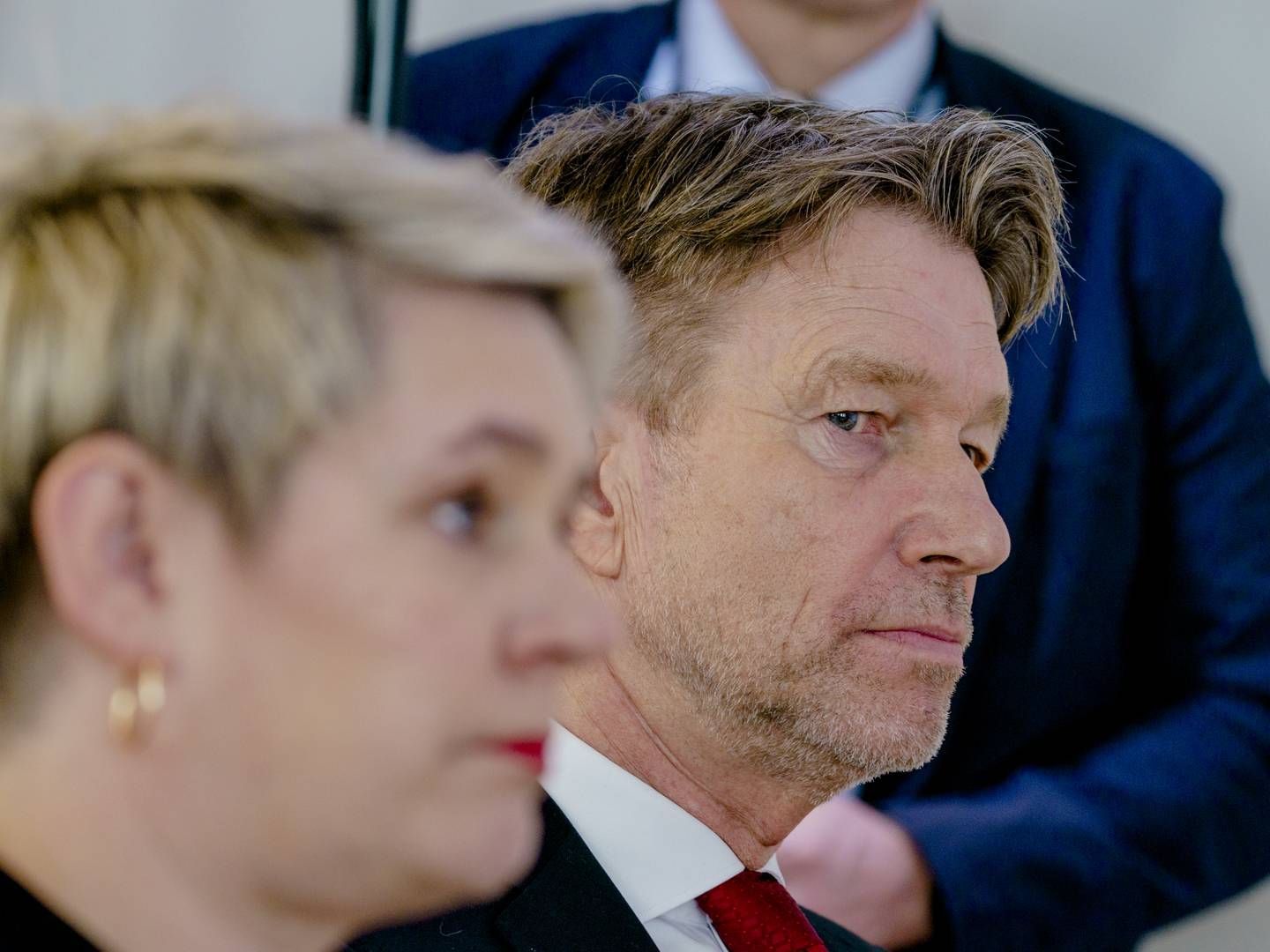
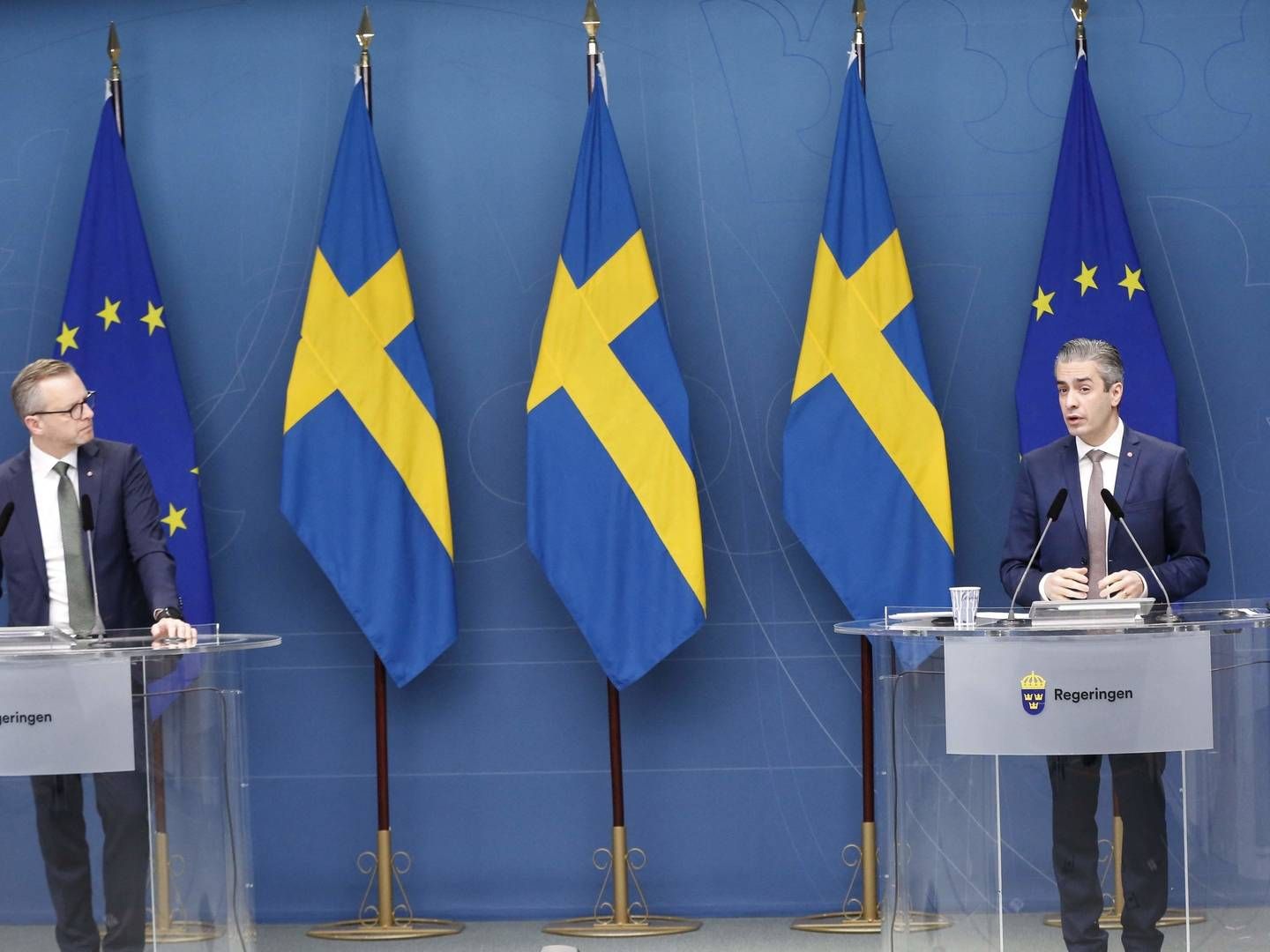
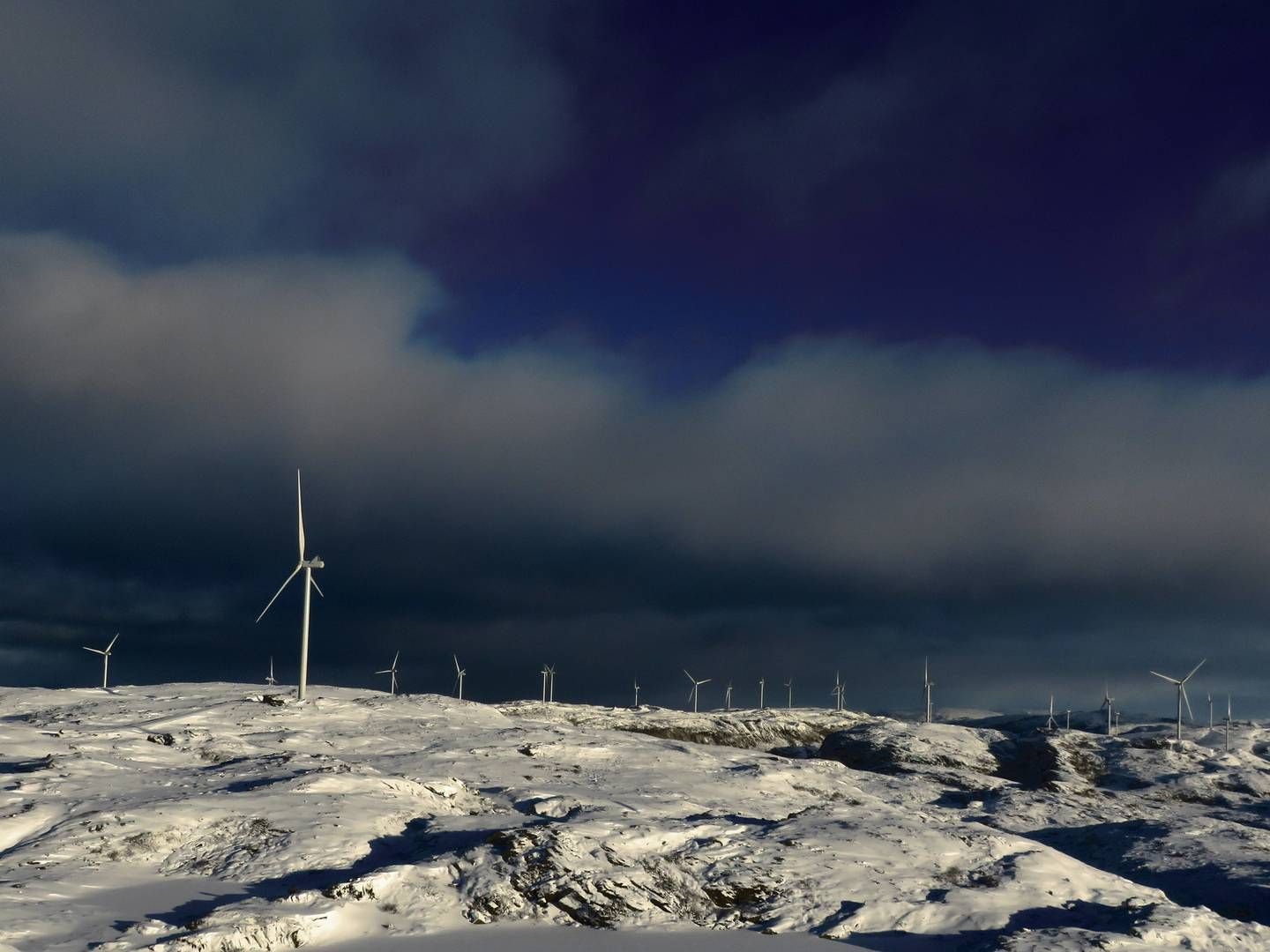








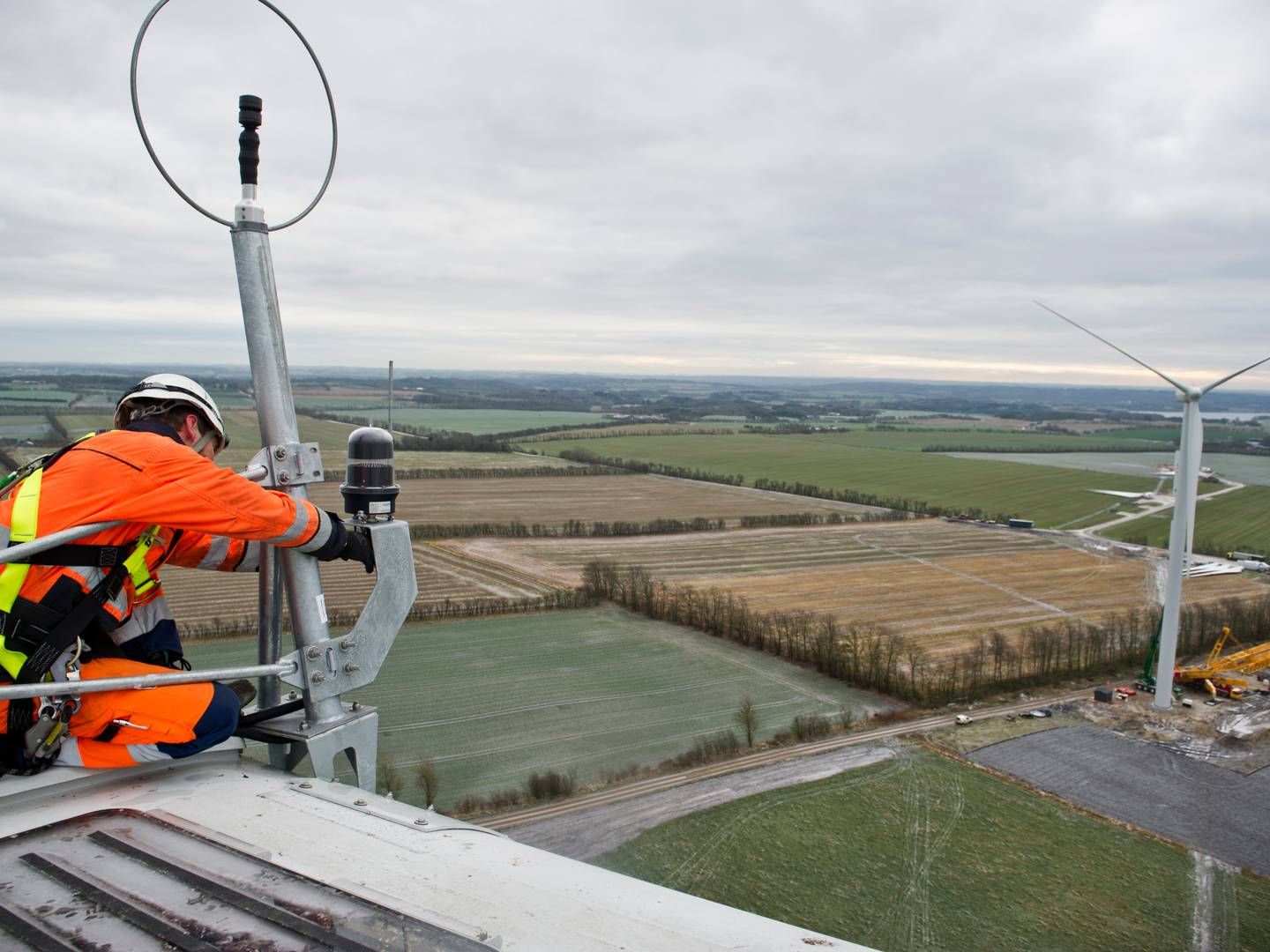
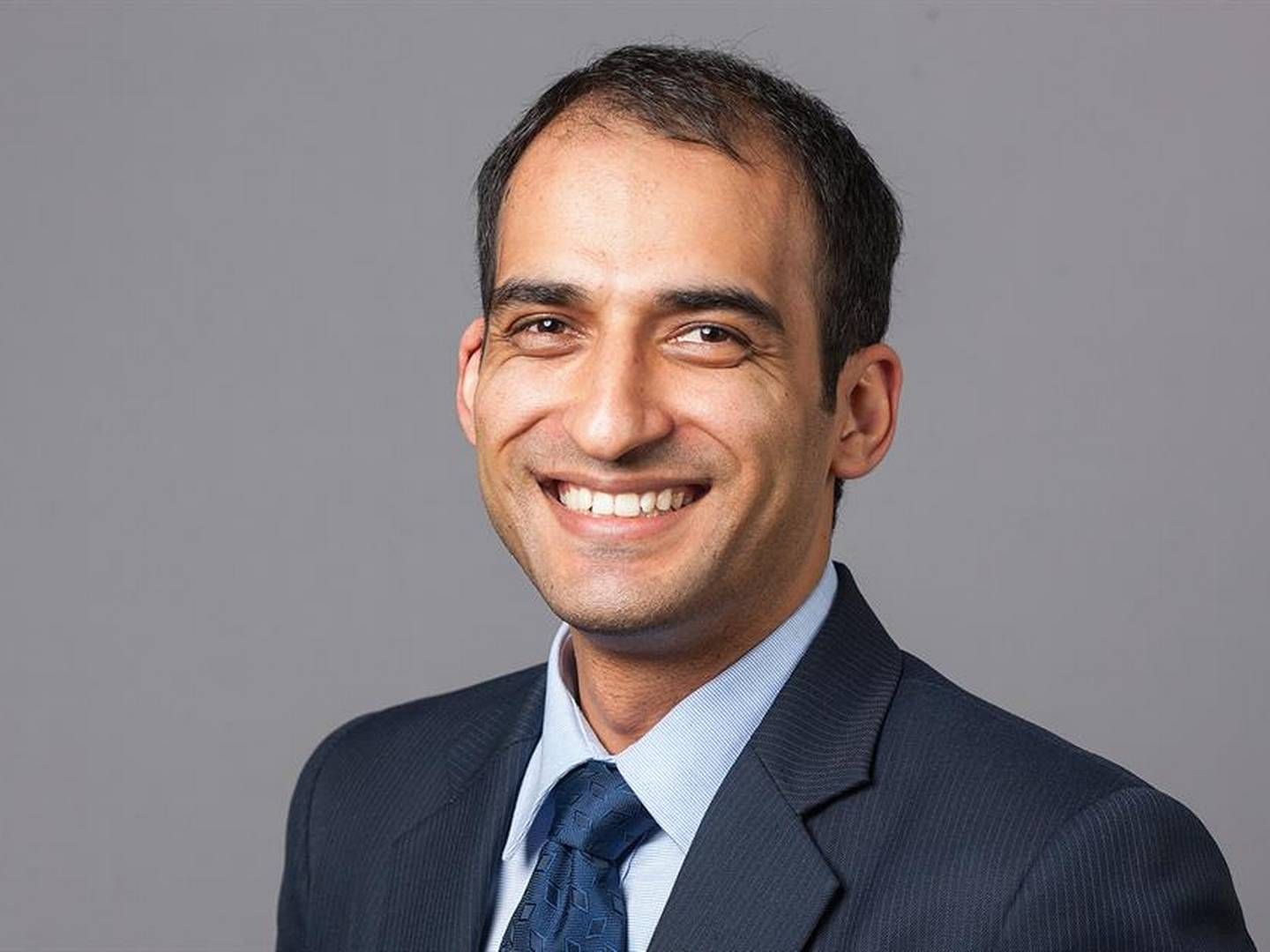




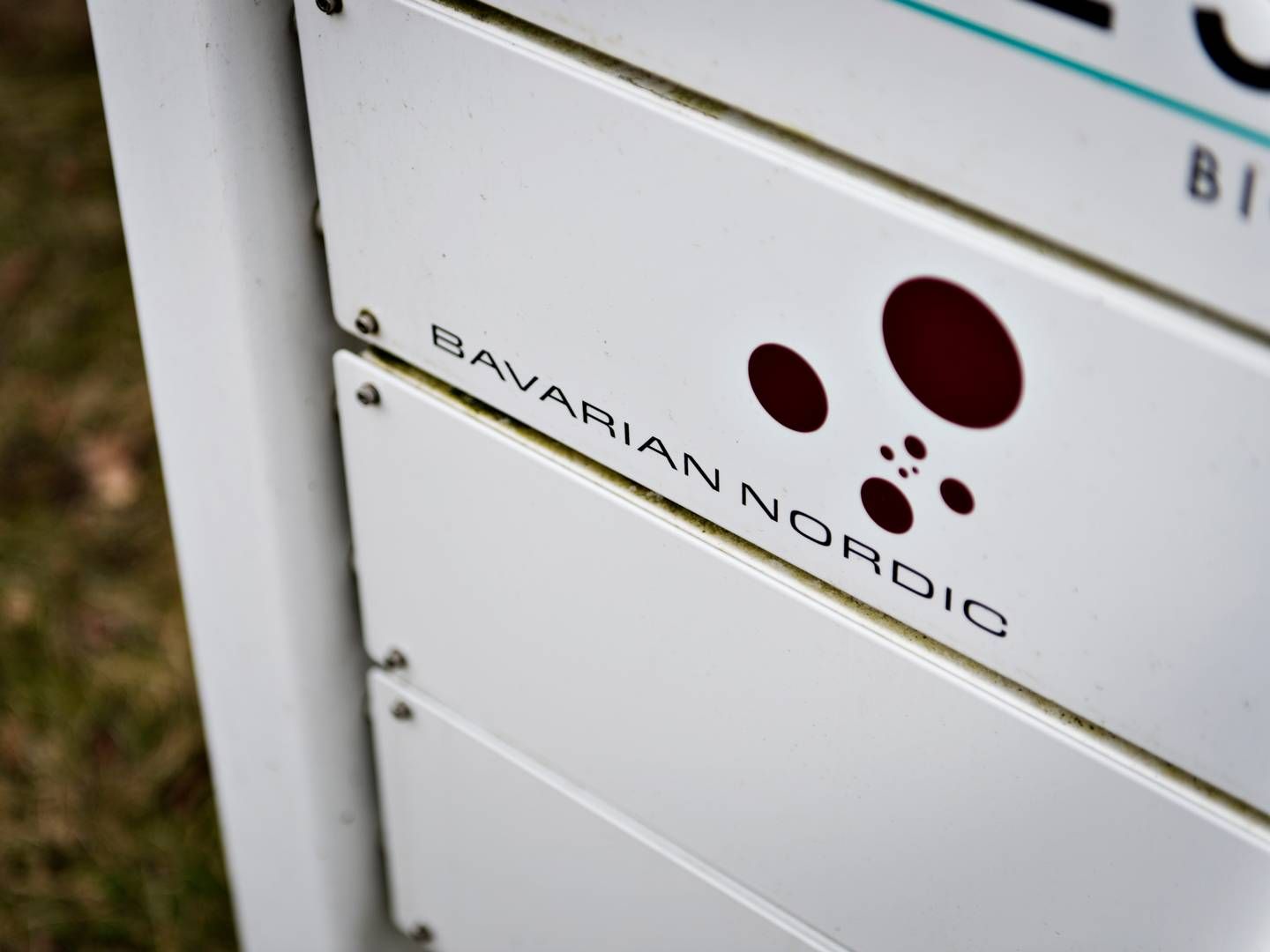



.jpg&w=384&q=75)


